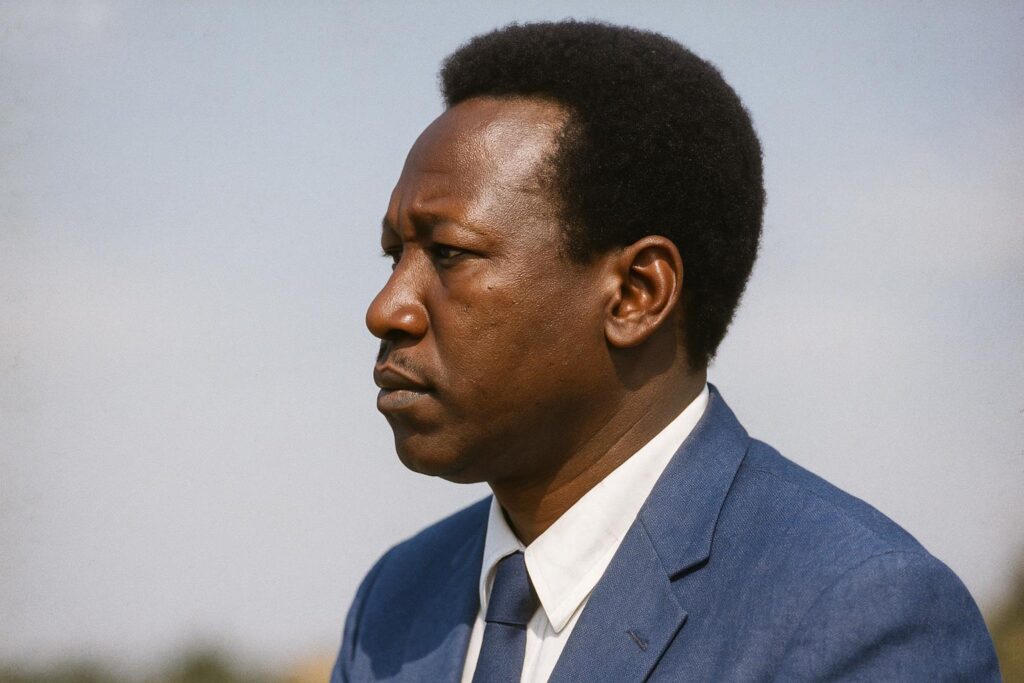Origins of the Controversy
Juba’s political circles were jolted by reports that senior officials discussed hosting a limited number of Gaza residents, allegedly during meetings with an Israeli delegation (Radio Tamazuj). The government swiftly denied any formal offer, yet public curiosity turned into heated conversation.
Sanctions and Diplomatic Leverage
Observers note that South Sudan still faces a UN arms embargo and targeted US sanctions. Analysts suggest that floating humanitarian proposals could be interpreted as a bid to soften external pressure. Officials publicly reject that link, stressing that foreign policy remains guided by “purely humanitarian principles.”
Public Sensitivities Run Deep
Citizens remember their own displacement during decades of conflict and worry about absorbing new populations with different cultural backgrounds. Community leaders warn that perceived demographic engineering might aggravate fragile ethnic balances and reopen unresolved identity debates inherited from the war with Sudan.
Historical Context Shapes Perception
Memories of Islamist-Khartoum rule still shape attitudes toward Middle Eastern politics. Any sign of outside influence risks becoming entangled with narratives of lost sovereignty. Scholars argue that transparency and public consultation are essential to prevent rumors from morphing into destabilizing narratives.
Government Response and Clarifications
Information Minister Michael Makuei Lueth categorically dismissed talk of secret land-for-relief bargains, calling it “propaganda designed to tarnish our image.” He reiterated that decisions on refugee reception follow established regional and international frameworks, not clandestine deals.
Regional Reactions
Neighbouring states have not commented officially, but diplomats in Nairobi say East African capitals quietly monitor the story. Sudden demographic shifts could complicate ongoing mediation efforts in the region, especially with national elections tentatively slated for late 2024.
Voices from Civil Society
The South Sudan Council of Churches urges calm, encouraging evidence-based dialogue. Women’s groups emphasize the need to prioritize basic services for existing citizens, while acknowledging the moral duty of solidarity with global displacement victims.
Economic Realities
Oil revenues remain volatile, and infrastructure gaps persist. Economists caution that any large-scale humanitarian intake would require substantial donor funding, coordinated planning, and safeguards to prevent corruption siphons. Without that, they fear heightened social tensions over scarce resources.
Potential Paths Forward
Experts advocate for an independent parliamentary inquiry to establish facts, reassure the public, and reinforce institutional checks. Clear communication, they argue, could convert rumor management into an opportunity for state-building and renewed trust between citizens and government.
Looking Ahead
Whether the Gaza resettlement story proves factual or not, its resonance exposes deeper anxieties about sovereignty, governance, and inclusion in South Sudan. Addressing those structural issues may matter more for long-term stability than any single diplomatic overture.


